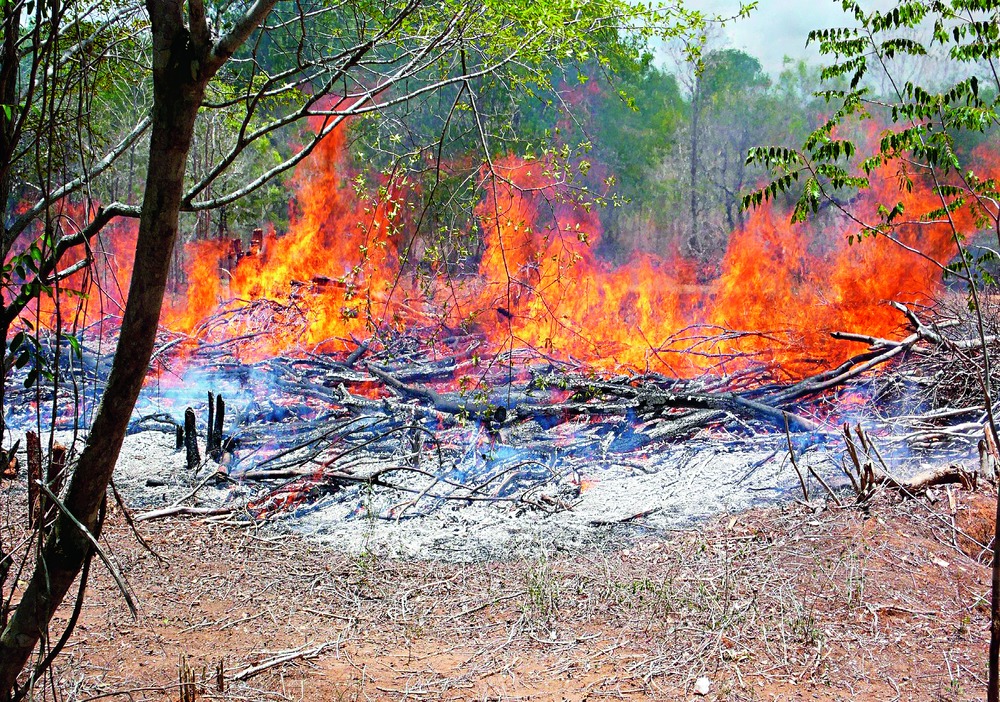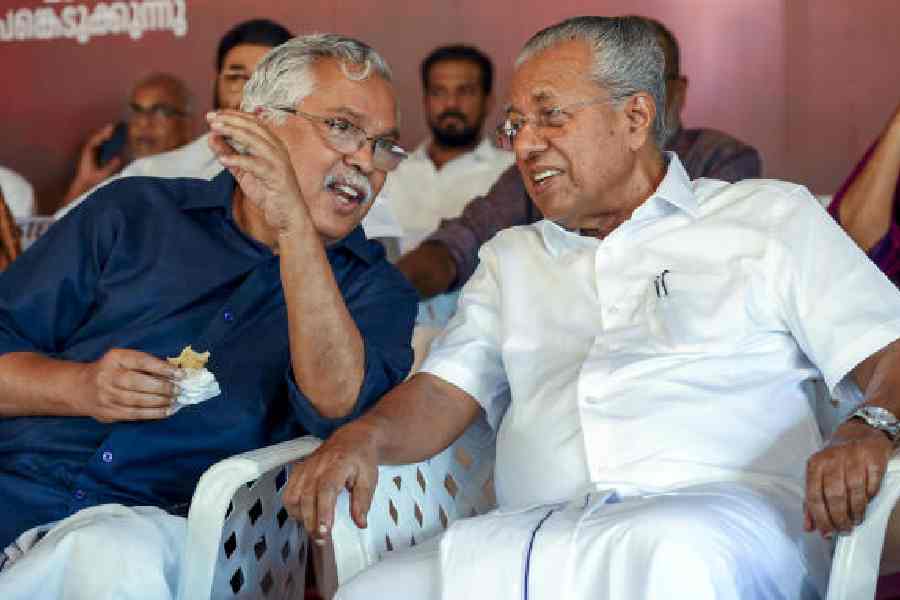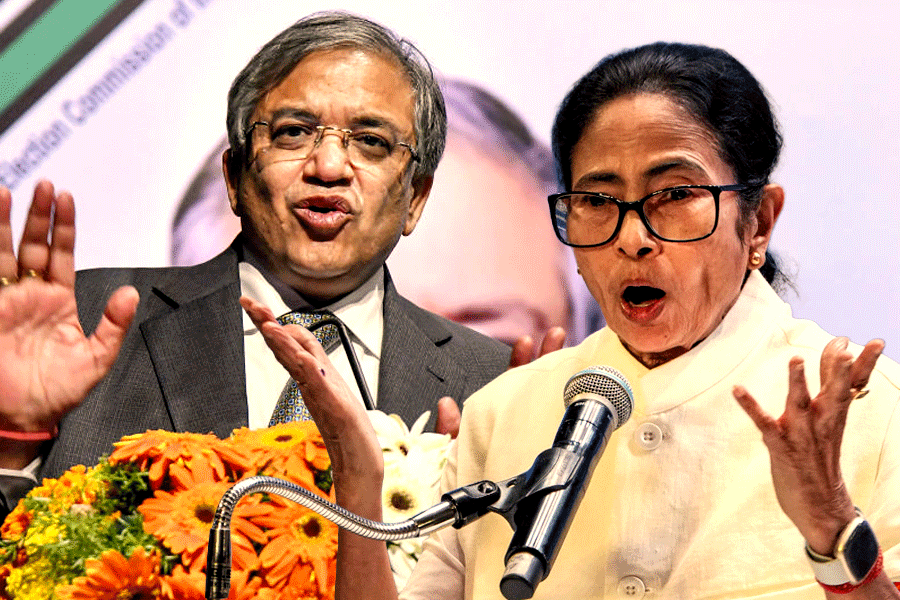
Bhubaneswar, March 2: Slash and burn cultivation, locally known as podu, is taking a toll on the state's forest wealth with vast green stretches in tribal-dominated districts such as Koraput, Malkangiri and Rayagada getting denuded.
Local tribal people in these districts have taken to this crude and destructive kind of farming because of the low-cost involved in it. Podu is carried out by cutting and burning plants and bushes along the hill slopes. Once used for cultivation, the particular stretch of the hill becomes useless for farming for the next few years and the tribal people move to the next patch of hill slope for raising fresh crop.
"This is unscientific farming which must be discouraged. Tribal farmers must be made aware of the long-term harmful impact of this kind of cultivation," said former agriculture minister Amar Satpathy, who had earlier dealt with podu menace.
Sources said tribal farmers were practising podu mostly because of lack of awareness about the modern farming techniques. "They engage in this kind of cultivation, because they find it easy and are yet to be introduced to modern and scientific methods of farming," admitted a state government official, adding that in the 1980s the state government had made an attempt to wean away the tribal people from this destructive agricultural practice by offering them an alternative in the form of orchard cultivation.
"But, they found the alternative process too cumbersome and quickly lost interest in it," said the official, who did not want to be named.
Satpathy said that while it was important to introduce tribal farmers to the new and modern techniques of cultivation, they should also be provided with alternative sources of livelihood as poverty was one of the major factors behind their preference for podu.
Civil society activists agree that poverty is to be blamed for the large-scale practice of podu in the tribal-dominated districts of the state. "The tribal people being poor cannot afford to buy costly modern agricultural equipment. Hence, they take to slash and burn farming that is easy and does not cost much," said an NGO activist, who has worked in Koraput district.
Government jobs are scarce in districts such as Malkangiri and Koraput, while there are not much scopes to do even temporary or part-time jobs. This is making the local tribal people desperate. "With no jobs available, farming is the only alternative left for them, and they opt for the least expensive mode of cultivation without even knowing its destructive long-term impact on the land," the NGO activist said.










